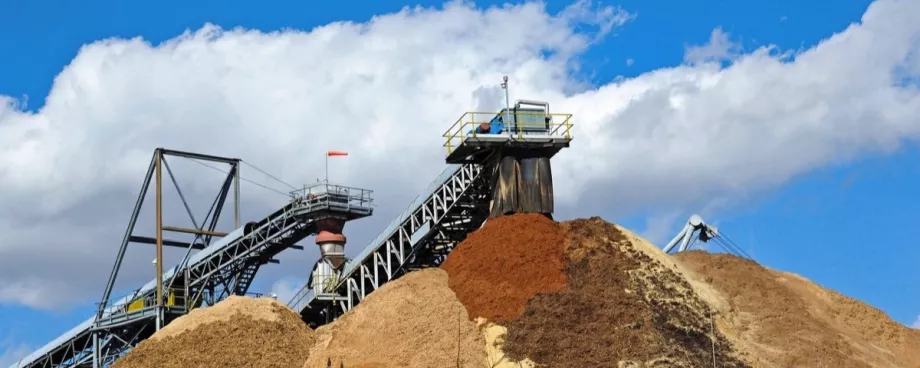Enerkem, with a group of strategic partners, that include major investor Shell, along with Suncor and Proman, and Hydro-Québec supplying green hydrogen and oxygen, and with the support of the Québec and Canadian governments, has announced the proposed construction of a biofuel plant in Varennes, in the Greater Montréal area, Canda.
Varennes Carbon Recycling (VCR) will produce biofuels and renewable chemicals made from non-recyclable residual materials as well as wood waste. The plant will leverage green hydrogen and oxygen produced through electrolysis, transforming Quebec’s excess hydroelectricity capacity into value-added biofuels and renewable chemicals. VCR will be a major creator of quality local direct and indirect jobs during its construction and operation.
According to Enerkem, the plant will be an example of Québec and Canadian know-how and leadership in the development and deployment of innovative clean technologies. Thanks to its unprecedented technology, Enerkem was able to bring together world-class global strategic partners who intend to take a leading investment role in this flagship facility of the green economy.
This plant will produce one of the lowest carbon-intensive fuels by diverting non-recyclable waste as well as wood waste materials from landfills and through access to green electricity and green hydrogen and oxygen.
A clean disruptive Technology developed by Enerkem
Enerkem’s technology enables the recycling of the carbon and hydrogen contained in non-recyclable waste and wood waste currently landfilled and burned. Enerkem’s proprietary thermochemical process enables the conversion of this carbon into biofuels and renewable chemicals, made from methanol, which is the project’s intermediary product. These products enable society to reduce consumption of traditional hydrocarbons used for transportation and in everyday products (paint, windshield washer fluid, plastics and chemicals of all kinds).
Tangible support for the circular Economy
The proposed Varennes plant will support Québec’s Plan pour une économie verte 2030 (PEV 2030), Québec’s energy policy, and is in line with the government’s desire to pursue the development of a circular economy less dependent on fossil fuel products (40% reduction by 2030). In addition to providing a second life to waste material, it will expand the overall supply of alternative fuels and increase biofuel production in Québec increasing its leadership in renewable energy and innovation. ■





